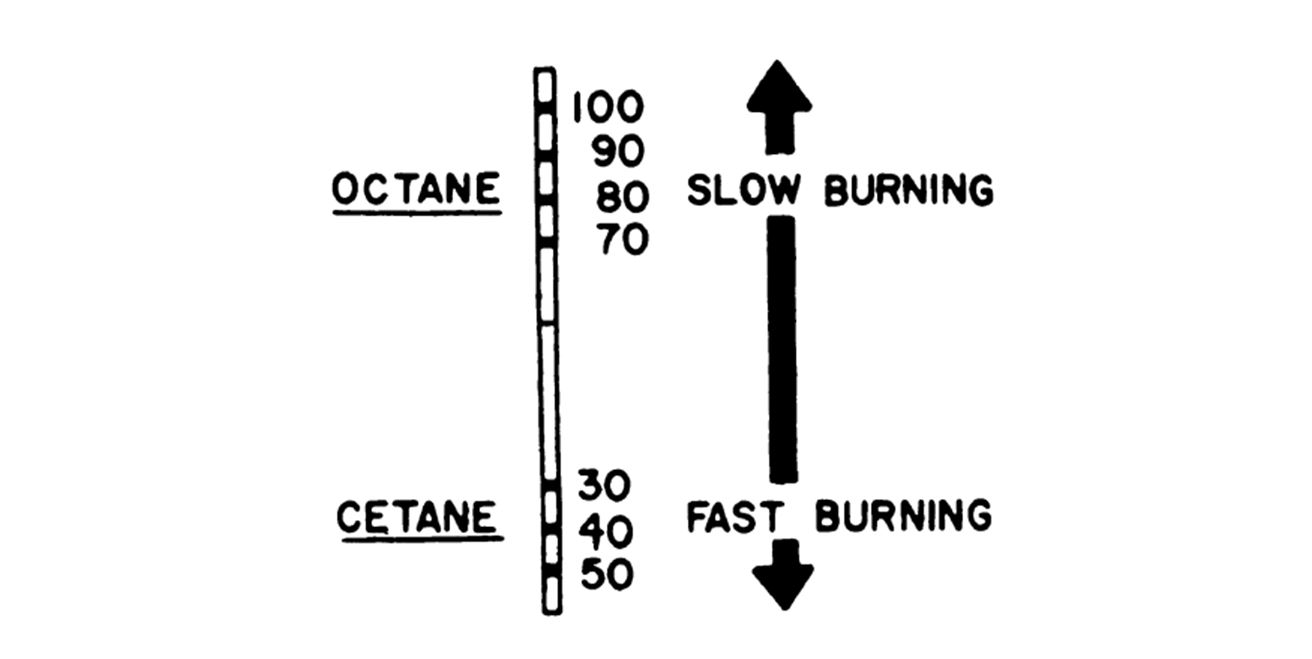The Difference Between Cetane and Octane
By on Jun 23 2015

Whether you realize it or not, you've seen octane ratings on a regular basis. It's what makes one type of gas at the gas station more expensive than another. The octane rating is the 87, 91, 93 (or numbers close to these) that you see at the gas pump when you're filling up your car.
But are you familiar with cetane ratings? Octane goes in your car's fuel, but cetane goes in a diesel's. Think of it like this: in a sense, cetane is the opposite of octane. If your fuel has a high cetane number, it will have a low octane number, and vice versa.
A high cetane rating represents a fuel that can readily ignite and perform better in a diesel engine. High octane ratings represent a fuel that can resist auto-ignition and have less tendency to knock in a gasoline engine.
While your typical octane fuel is well-measured to meet the numbers specified above, cetane fuels require an additive to boost cetane levels.
This is because in 2007, the U.S. government mandated a law to reduce emissions from diesel engines by cutting back on sulfuric content. It was successful, but this also caused a reduction in cetane, fuel lubricity, and performance.
Additives such as Power Service Diesel Kleen and Power Service Diesel Fuel Supplement contain supplements that add cetane back into your fuel in an environmentally-friendly fashion so that emissions can still be reduced, but maximum diesel performance can be achieved. For temperatures above 30 F, Diesel Kleen will restore lost cetane and improve overall diesel engine performance. For freezing temperatures, Diesel Fuel Supplement will provide the same benefits, but is designed with an additive to prevent diesel fuel from congealing, or gelling.
These products are instrumental in reaching peak performance and should be utilized year-round. Doing so will guarantee that your diesel engine is operating at its fullest potential.
For a quick video rundown, check out the footage below.
And as always, you can direct any questions you have over to Petroleum Service Company.






